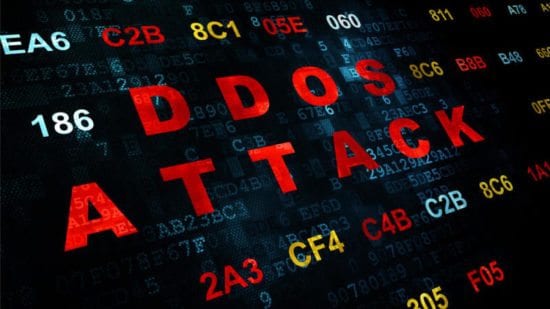News broken that Anonymous has claimed responsibility for a series of DDoS attacks on a number of Spanish government websites as part of a pro-Catalonia protest campaign. Rob Bolton, Director and M, Western Europe at Infoblox provides an insight below.
Rob Bolton, Director and GM, Western Europe at Infoblox:
 “DDoS attacks are increasingly being used as a weapon against established authorities to disrupt both political processes and organisations. Cyber criminals and protesters are wise to the amount of disruption a DDoS attack can cause, as taking a site offline can massively discredit an organisation’s credentials, and highlights the weaknesses in authoritative structures.
“DDoS attacks are increasingly being used as a weapon against established authorities to disrupt both political processes and organisations. Cyber criminals and protesters are wise to the amount of disruption a DDoS attack can cause, as taking a site offline can massively discredit an organisation’s credentials, and highlights the weaknesses in authoritative structures.
“Many organisations still do not have a sophisticated DNS protection strategy in place, making attacks like these easy for cybercriminals to carry out successfully. While there is no easy way to ensure complete DNS security – there are a few steps an organisation can take to mitigate and respond to DNS-based DDoS attacks.
“Organisations should monitor their DNS traffic and obtain a baseline so that, when an unforeseen event does occur, they can instantly see the fluctuation away from that baseline, allowing them to react quickly and decisively. Whilst it may not always be clear what an attack looks like, anomalies will be more easily identifiable. IT teams should also continually scrutinise internet-facing infrastructure for single points of failure by going beyond external authoritative name servers, and checking on the switch and router interactions, firewalls, and connections to the internet. Once organisations have these measures in place, it will become much easier to prevent successful DDoS attacks.”
The opinions expressed in this post belongs to the individual contributors and do not necessarily reflect the views of Information Security Buzz.



